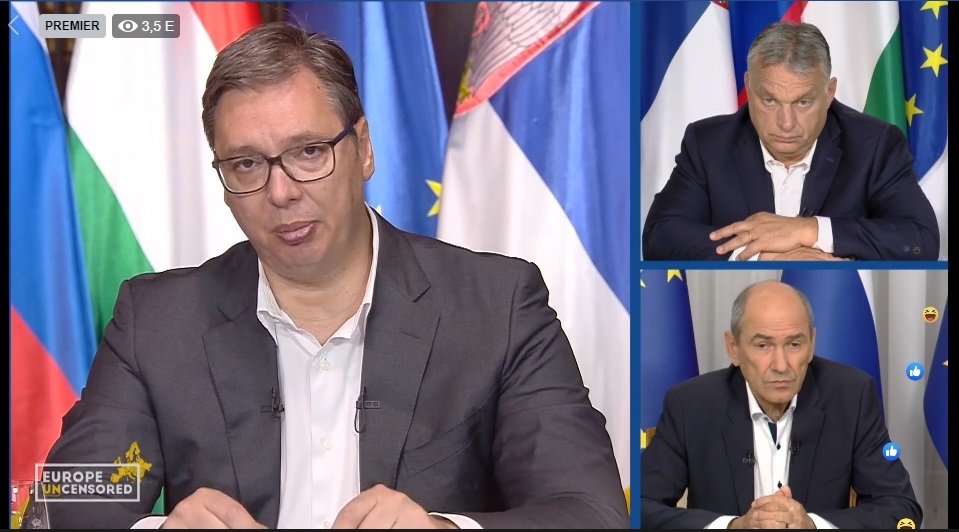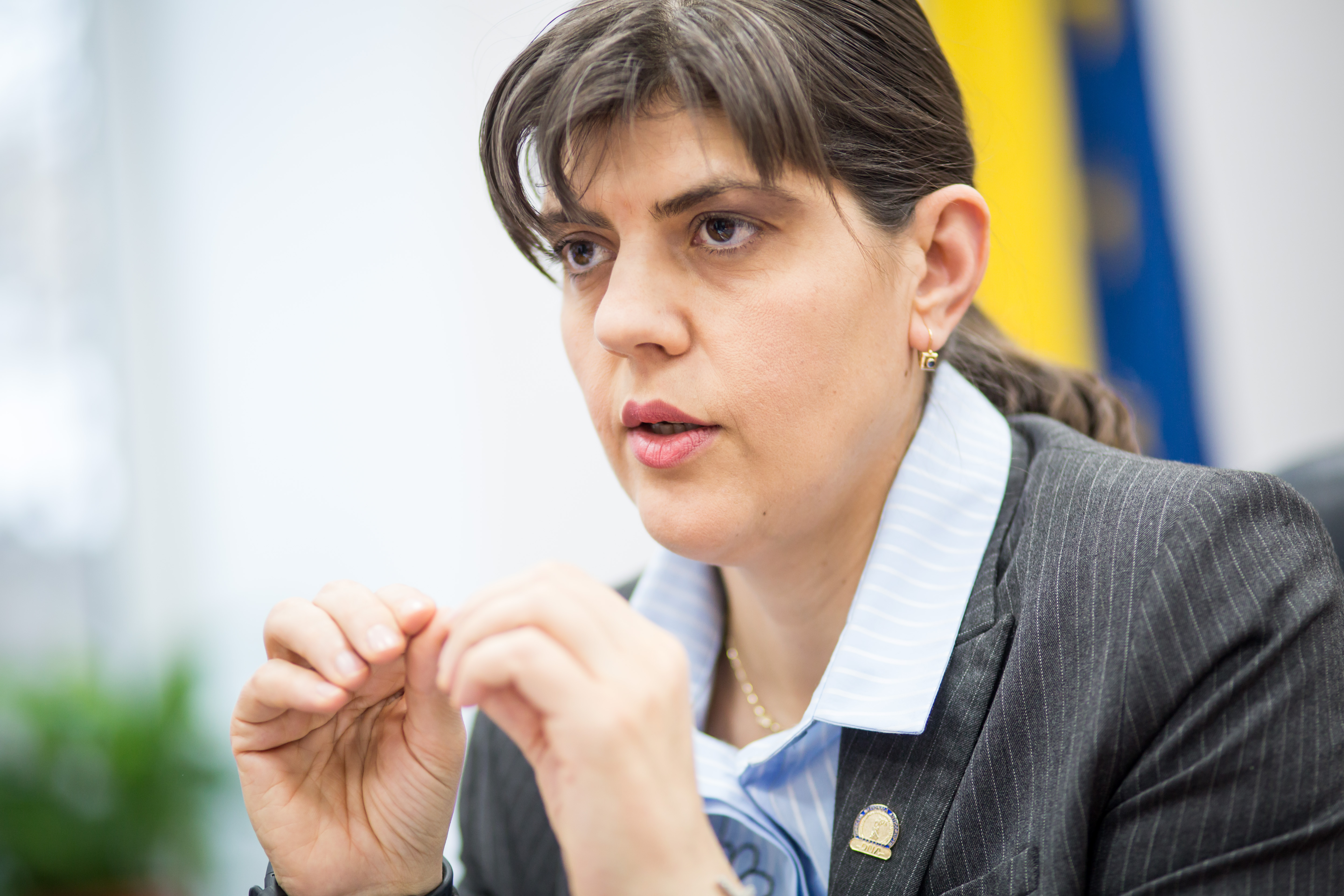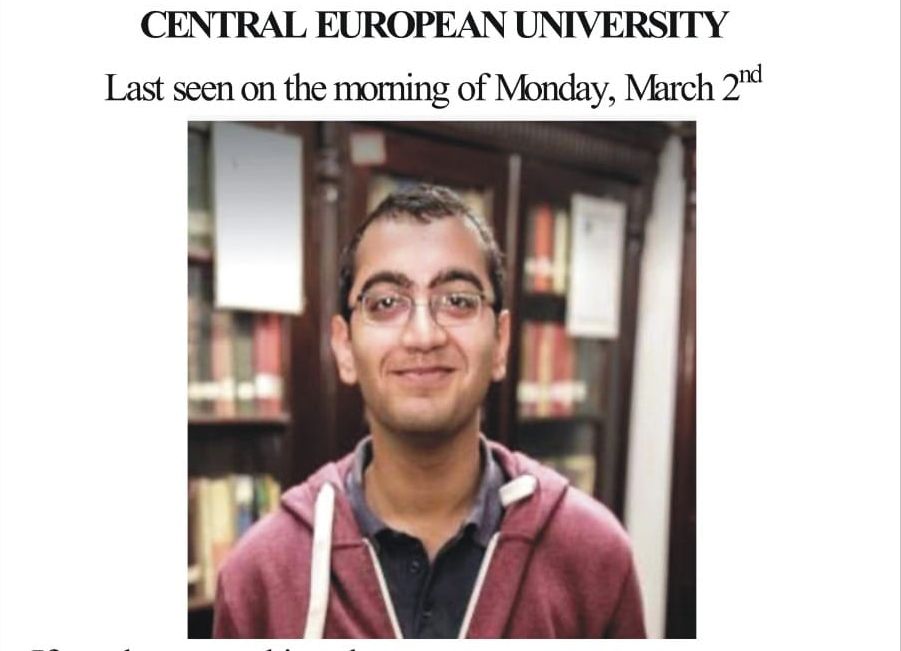Orbán criticizes "semi-Marxist" West in "Europe Uncensored" video conference
- Stay updated on the latest news from Hungary by signing up for the free InsightHungary newsletter:
Marking the 44th anniversary of the founding of the European People's Party (EPP), three European leaders including Prime Minister Viktor Orbán took part in a video conference on Wednesday where they laid out their visions for the future of Europe.
The conference, dubbed "Europe Uncensored", was held by Orbán and his illiberal allies: Slovenian Prime Minister Janez Janša and Serbian President Aleksandar Vučić. Orbán praised the leaders as "a special club of freedom fighters and fighters for national sovereignty".
Orbán repeatedly highlighted East-West conflicts within the European Union, arguing that preservation of the bloc would require nations to "learn to tolerate our differences again." The West must not force its views on Eastern countries, "and we Central Europeans should not want to tell the Westerners how they should run their countries", he said.
Three crises have squeezed Europe in the last 12 years which were handled differently by Western countries and those in Central Europe, Orbán said: the 2008 financial crisis, the migration crisis of 2015 and the current coronavirus crisis. Western countries responded by trying to preserve the welfare state, which is "no longer the proper structure that we need", while Eastern countries tried to preserve the "workfare state", he said.
Western Europe has attempted to solve its demographic problems by promoting migration, Orbán said, while the countries of Central Europe "did not want to import other civilizations' problems into our countries". Orbán also lamented declines in fertility rates and marriages in Europe since 1990, and a decline in defense spending on the continent.
Orbán identified two contesting concepts concerning the future of Europe: a deeply anti-Communist concept based on the "Christian culture which we have inherited", and a progressive, liberal leftist, "semi-Marxist" concept which promotes multiculturalism, a pro-migration policy, and an anti-family policy. Orbán claimed "they want to get rid of the concept of nations and nation states, and they consider irrelevant the Christian social teachings", and that some politicians within the EPP had adopted these views.
The European balance of power has been upset by the United Kingdom leaving the bloc, Orbán said, making Germany "once again the strongman of Europe". This dramatic change in the balance of power means everyone expects Germany to save European integration.
Orbán said that very few politicians active in Europe today were present during the fall of the Soviet Union with the exception of German Chancellor Angela Merkel. Orbán said he had tried to convince Merkel not to withdraw from politics but was "always rejected".
On Wednesday, speaking before the European Parliament on Germany's plans for its rotating presidency of the Council of Europe, Chancellor Merkel responded to questions from MEPs concerning the EU budget being connected to rule of law criteria. Hungarian MEP Katalin Cseh (Momentum) insisted that the German presidency ensure that EU funds go directly to civic organizations rather than "supporting the government that tramples on EU values".
In response, Merkel said that Germany "certainly stands up for the rule of law" and would engage these issues "even if we're talking about Viktor Orbán with whom we have disagreements concerning what's happening in Hungary."
European Public Prosecutor: office will investigate cases in Hungary even though it has not joined organization
European Public Prosecutor Laura Codruța Kövesi told Euronews on Tuesday that corruption "exists in almost all countries", and that the European Public Prosecutor's Office (EPPO) has the authority to investigate criminal cases even in those member states that have not joined the organization.
"It is difficult for me to comment on the reasons why these Member States did not join the EPPO, because, after all, it is a political decision and I cannot comment on that," Kövesi said. "We will investigate certain offences committed in relation to these Member States, its citizens, or on the territory of these Member States. In addition, we will cooperate with the authorities of these states and will apply the judicial cooperation tools that are currently available."
Hungary and Poland, the two biggest beneficiaries of EU structural funds, as well as Ireland, Sweden and Denmark, have not joined the EPPO. The European organization set up this year is tasked with investigating and prosecuting crimes affecting the EU budget, such as corruption and fraud.
Hungary has refused to join the organization, arguing prosecutorial powers should remain at the national level.
Last year, independent MP and anti-corruption activist Ákos Hadházy launched a petition signed by nearly 700,000 Hungarians demanding that Hungary join the EPPO. Hadházy has argued that chief public prosecutor Péter Polt has launched no major corruption investigations in Hungary, shielding the government from prosecution of corruption cases involving EU funds. Hungary joining the EPPO would circumvent Polt's authority and expose government officials to external scrutiny.
Advisor recommends removal of Index editor-in-chief
In a video posted to Facebook on Monday, an external advisor to Index's financial management company recommended the replacement of the site's editor-in-chief Szabolcs Dull.
Last month, the advisor, Zsolt Erdélyi, joined advisor Gábor Gerényi in making a controversial recommendation to break up Index and outsource its content creation to external companies. The proposal resulted in Dull and nearly every member of Index's staff releasing a statement warning readers that the site was in "grave danger".
Erdélyi's recommendation to replace Dull, who is widely supported within Index, was the first time such a move had been proposed. In the video, Erdélyi said Index needs "the kind of editor-in-chief that doesn't shit himself over outside advisors" and one who "feels the vibe".
Last week, Miklós Vaszily, who owns a 50 percent stake in the company which controls Index's revenue streams, told 444 that he and his company would not seek a new editor-in-chief at the site, something now recommended in a public video by an advisor under contract with Vaszily's company.
Missing CEU student found dead
A missing Pakistani student of Central European University (CEU) in Budapest has been found dead according to a letter sent to students by the university's rector Michael Ignatieff.
“I have to inform you that Raza Khan, our friend and student, who has been missing since March 2, has been found dead...His family has returned his body to Pakistan for burial,” the letter reads, adding that the cause of Khan's death remains unknown.
The philosophy student was last seen on March 2 leaving his Fifth District home. Two days later, a student reported to the university that he was missing, and CEU informed the police that day. According to Kafkadesk, fellow students shared photographs of Khan and hung posters to assist police in their search.
Khan was 28 years old.




